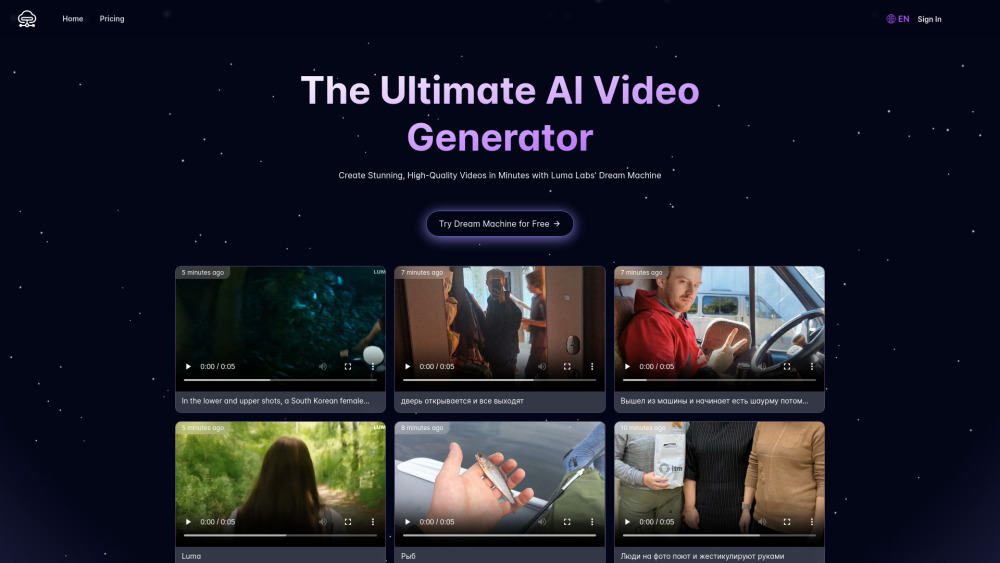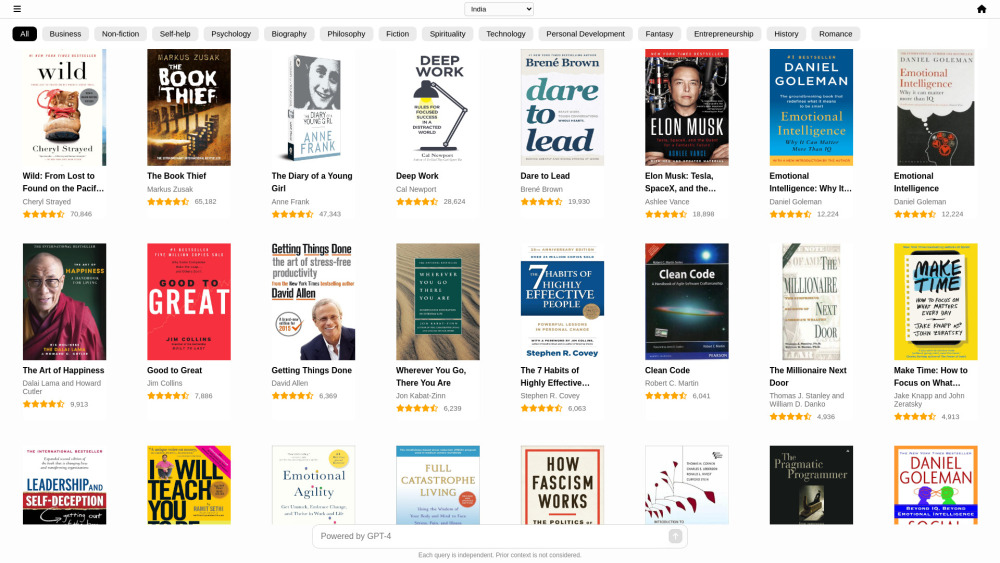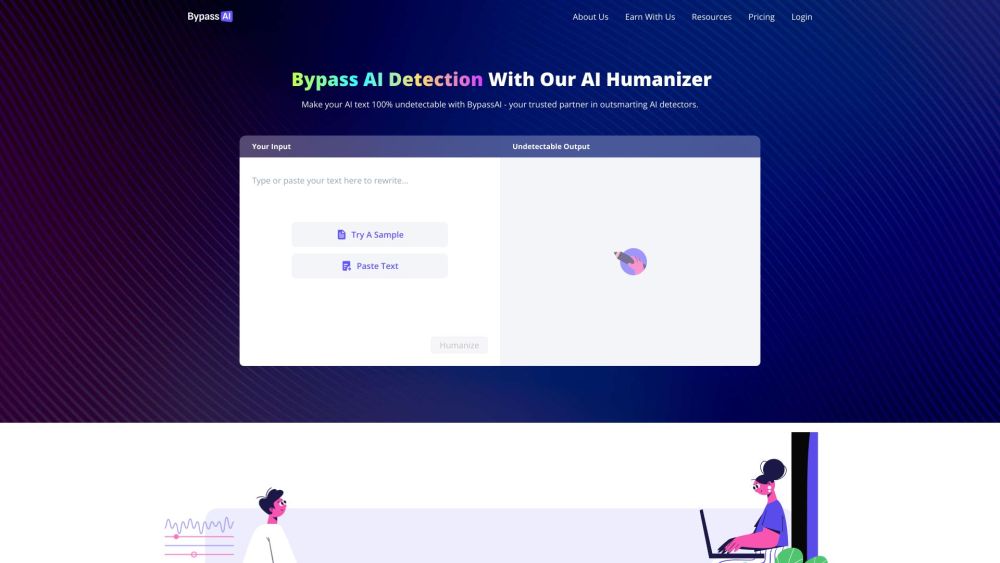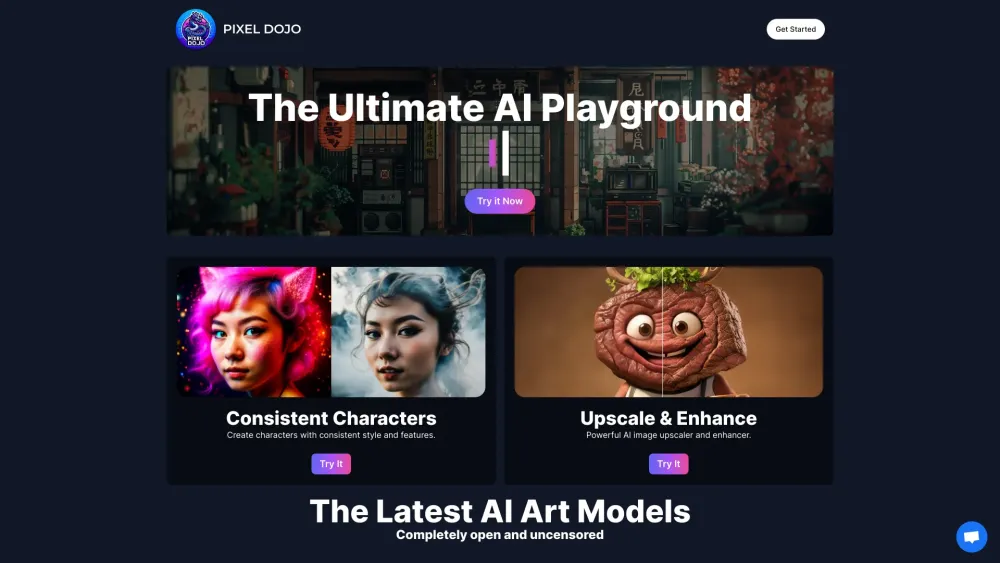OpenAI hosted a more restrained DevDay conference on Tuesday, moving away from last year’s high-profile launches to focus instead on incremental improvements within its AI tools and APIs. The 2024 event emphasized empowering developers and highlighting community stories, reflecting a strategic shift in an increasingly competitive AI landscape.
4 Major Innovations Unveiled
The conference introduced four key innovations aimed at enhancing the developer experience: Vision Fine-Tuning, Realtime API, Model Distillation, and Prompt Caching. Each tool signals OpenAI’s commitment to strengthening its developer ecosystem rather than directly competing in the end-user application sector.
Prompt Caching: Cost-Effective Development
A standout feature is Prompt Caching, designed to lower costs and latency for developers. This system offers a 50% discount on input tokens that the model has recently processed, allowing for significant savings in applications that frequently reuse context. Olivier Godement, OpenAI’s head of product for the platform, noted that costs have been reduced by nearly 1000x in just two years, enabling startups and enterprises to explore new possibilities that were previously too costly.
A pricing table from DevDay 2024 shows substantial cost reductions for AI model usage, with savings of up to 50% for cached tokens compared to their uncached counterparts. The new o1 model also introduces premium pricing, reflecting its enhanced capabilities.
Vision Fine-Tuning: Advancements in Visual AI
OpenAI’s Vision Fine-Tuning feature for the GPT-4o model allows developers to customize the model's visual understanding using both text and images. This advancement has far-reaching implications for industries such as autonomous vehicles, medical imaging, and visual search.
For instance, Grab, a major Southeast Asian food delivery and rideshare service, improved its mapping services using this technology. With only 100 training examples, Grab achieved a 20% enhancement in lane count accuracy and a 13% increase in speed limit sign localization, demonstrating the potential for vision fine-tuning to transform AI applications across various sectors.
Realtime API: Enhancing Conversational AI
OpenAI also launched its Realtime API, now in public beta, enabling developers to create low-latency, multimodal speech applications. This allows for seamless integration of voice commands in apps, enhancing user interaction. OpenAI showcased an upgraded version of Wanderlust, where users can naturally converse with the app to plan trips, even allowing for mid-sentence interruptions, thus mimicking human conversation.
The Realtime API opens up opportunities not just in travel but across various sectors, including customer service and education. Early adopters like Healthify and Speak have already integrated it, enhancing user experiences in healthcare and language learning. Although the API's pricing is $0.06 per minute of audio input and $0.24 per minute for audio output, it offers a valuable investment for developers aiming to build voice-centric applications.
Model Distillation: Making AI More Accessible
The announcement of Model Distillation could serve as a game changer, allowing developers to utilize outputs from advanced models like o1-preview and GPT-4o to enhance more efficient models such as GPT-4o mini. This workflow enables smaller firms, like a medical tech startup, to leverage the capabilities of advanced models without bearing the same computational costs, thereby improving healthcare outcomes in underserved areas.
OpenAI's Strategic Shift: Focusing on Sustainable Growth
OpenAI's 2024 DevDay signifies a strategic shift towards fostering a sustainable AI ecosystem rather than pursuing headline-grabbing product launches. While this approach may seem less exciting to the general public, it reflects a nuanced understanding of the evolving AI landscape, where competition has intensified and concerns over data availability have grown.
Unlike the groundbreaking announcements of 2023, this year's focus on refining tools and empowering developers demonstrates OpenAI’s aim to maintain a competitive edge while mitigating resource intensity and environmental impact. As OpenAI transitions from a disruptor to a platform provider, its long-term success will hinge on strengthening its developer ecosystem. By offering improved tools, cost reductions, and enhanced support, OpenAI lays the groundwork for sustainable AI adoption across numerous industries.





